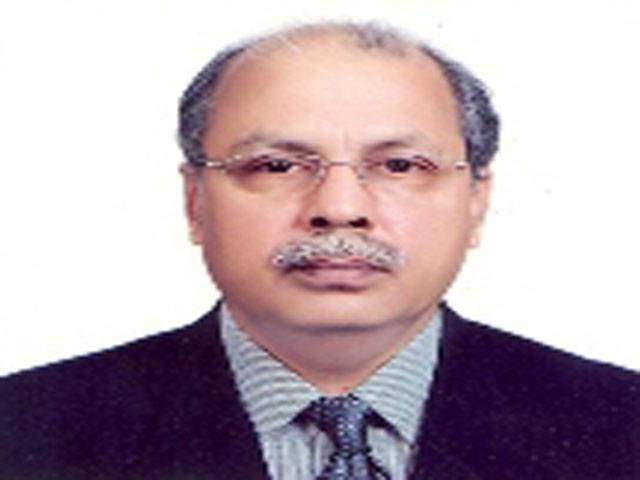Islamabad - Justice Gulzar Ahmed, a judge of the Supreme Court, has urged the family court judges to strive in accordance with law to maintain the cohesion of family by all means.
He expressed these views in the certificate awarding ceremony at the conclusion of a one-week training course on “effective administrative/financial management, family law and modern legislation” at the Centre of Excellence for Law and Judicial Education/Federal Judicial Academy (CELJE/FJA) on Saturday.
He said, “Families are the cells which make up the body of society. If a family is broken then the entire society suffers. Family break-up is indeed the collapse of the family unit and it has many harmful effects.”
A child of such an ill-fated family bears the brunt as he he/she remains deprived of the three core humanitarian values such as love, confidence and meaningful provision. A mother cultivates love in him/her for family and fellow beings and a father provides him/her meaningful provision and confidence.
Reconciliation between the estranged families who come to family courts should be done in a meaningful manner and not in a mechanical manner. “I personally believe that the family court judges have the onerous responsibility to save this fundamental institution what we call family from break-up and our family court judges must deal with these sensitive cases with humanistic sense and law.”
Regarding the environmental laws, he said, “These are very important laws and unfortunately we are living in a society where pollution of all kinds is alarmingly increasing due to our environment-unfriendly actions and the way of living. Judiciary can play a key role in helping address these environmental problems. It is every body’s fundamental right to live in neat and clean environment and all of us must have to save this environment.”
In his chief guest address, the SC judge also shed light on other subjects such as administrative/financial management and alternative dispute resolution incorporated in the one week training of the senior civil judges and urged the participants to utilise the knowledge gained from here to serve the people.
Presenting his welcome speech and an overview of the course, director general CELJE/FJA said, “Trainings are vital and these help on the ladder to career progression. It is also an established fact that well trained employees become more informed, more knowledgeable and more productive. I personally feel that a well organised training and capacity building programme gives the trainees constant knowledge and experience.”
In the end, the chief guest awarded certificates to 24 senior civil judges, including two female judges.
Friday, April 19, 2024
Judges urged to deal family cases with humanistic sense

KP govt decides to develop gemstone sector to boost exports
April 19, 2024
A Tense Neighbourhood
April 19, 2024
Dubai Underwater
April 19, 2024
Hepatitis Challenge
April 18, 2024
IMF Predictions
April 18, 2024
Wheat War
April 18, 2024
Rail Revival
April 17, 2024
Addressing Climate Change
April 17, 2024
Justice denied
April 18, 2024
AI dilemmas unveiled
April 18, 2024
Tax tangle
April 18, 2024
Workforce inequality
April 17, 2024
New partnerships
April 17, 2024
ePaper - Nawaiwaqt
Advertisement
Nawaiwaqt Group | Copyright © 2024





